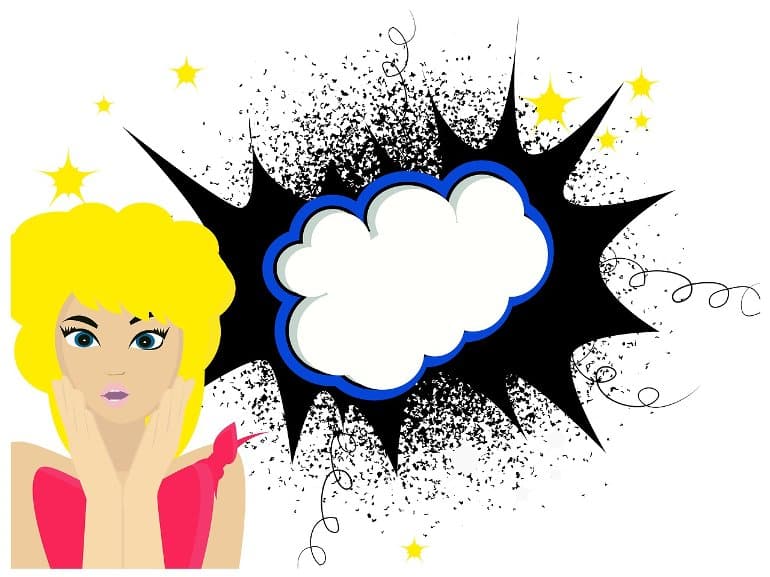Summary: Usually frowned upon, researchers say swearing can increase a person’s self-confidence and boost their physical strength. However, the use of profanity can also increase risk-taking behaviors.
Source: Keele University
Keele University researchers have found that swearing can increase self-confidence and risk-taking behavior, as well as boosting physical strength.
Led by Dr. Richard Stephens, the team carried out a study which aimed to identify the psychological pathway by which swearing can have beneficial effects on physical tasks. They were particularly interested in whether swearing increased “state disinhibition,” which is a state of lowered self-control and lack of restraint.
The study, which has been published in the Quarterly Journal of Experimental Psychology, found that participants could perform a chair push-up—lifting oneself from a chair seat using the arms—for longer after repeating a swear word.
Participants also displayed more risk-taking behavior in an online task involving pumping up a balloon as much as possible without it bursting. Risk-taking behavior increased by 8% when using swear words whilst pumping up the balloon, compared to using neutral dialog.
The humorous quality of swearing was also found to be an important psychological route for boosting physical strength, akin to “letting go.”
The researchers hope that this evidence can benefit society by helping individuals to improve personal performance, for example gaining increased self-confidence by using swear words as preparation for performing in front of large public audiences.

Dr. Stephens said: “Swearing appears to produce a state of ‘hot cognitions,’ helping us downplay everyday fears and concerns. This can lead to benefits in some situations, such as physical strength, shown by our participants being able to hold the chair push-up for a longer time after swearing.
“We provided evidence of several possible psychological routes by which this may come about, all related to lowering self-control or ‘letting go’—but humor, the funny side of swearing, turned out to be the most important of the factors we assessed. Comedians have long known the link between laughter and a well-placed swear word. Our study suggests generating humor may be one element by which swearing can help people in everyday situations, by just ‘going for it’ a little more.”
About this psychology and language research news
Author: Press Office
Source: Keele University
Contact: Press Office – Keele University
Image: The image is in the public domain
Original Research: Closed access.
“Effect of swearing on strength: Disinhibition as a potential mediator” by Richard Stephens et al. Quarterly Journal of Experimental Psychology
Abstract
Effect of swearing on strength: Disinhibition as a potential mediator
Swearing fulfils positive functions, including benefitting pain relief and physical strength.
See also

Here we present two experiments assessing a possible psychological mechanism, increased state disinhibition, for the effect of swearing on physical strength.
Two repeated measures experiments were carried out with sample sizes N = 56 and N = 118. Both included the measures of physical performance assessing, respectively, grip and arm strength, and both included the Balloon Analogue Risk Task (BART) to measure risky behaviour.
Experiment 2, which was pre-registered, additionally assessed flow, emotion including humour, distraction including novelty, self-confidence, and anxiety.
Experiments 1 and 2 found that repeating a swear word benefitted physical strength and increased risky behaviour, but risky behaviour did not mediate the strength effect. Experiment 2 found that repeating a swear word increased flow, positive emotion, humour, distraction, and self-confidence.
Humour mediated the effect of swearing on physical strength. Consistent effects of swearing on physical strength indicate that this is a reliable effect.
Swearing influenced several constructs related to state disinhibition, including increased self-confidence. Humour appeared to mediate the effect of swearing on physical strength, consistent with a hot cognitions explanation of swearing-induced state disinhibition.
However, as this mediation effect was part of an exploratory analysis, further pre-registered experimental research, including validated measures of humour, is required.
Credit: Source link




















